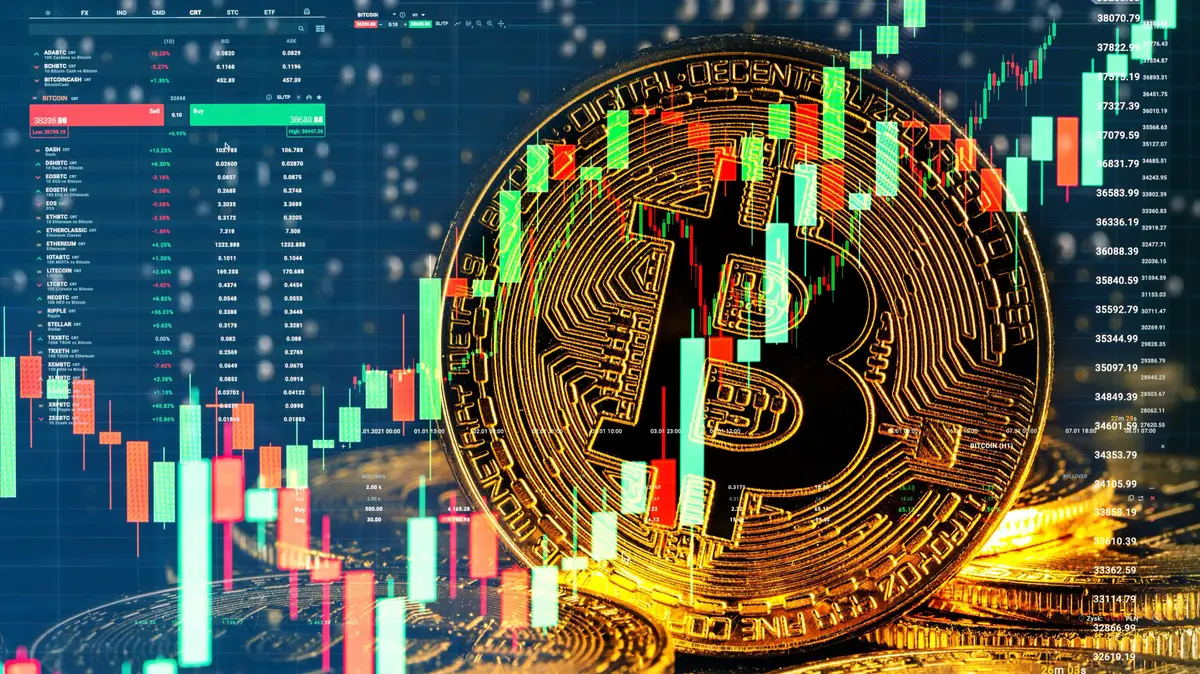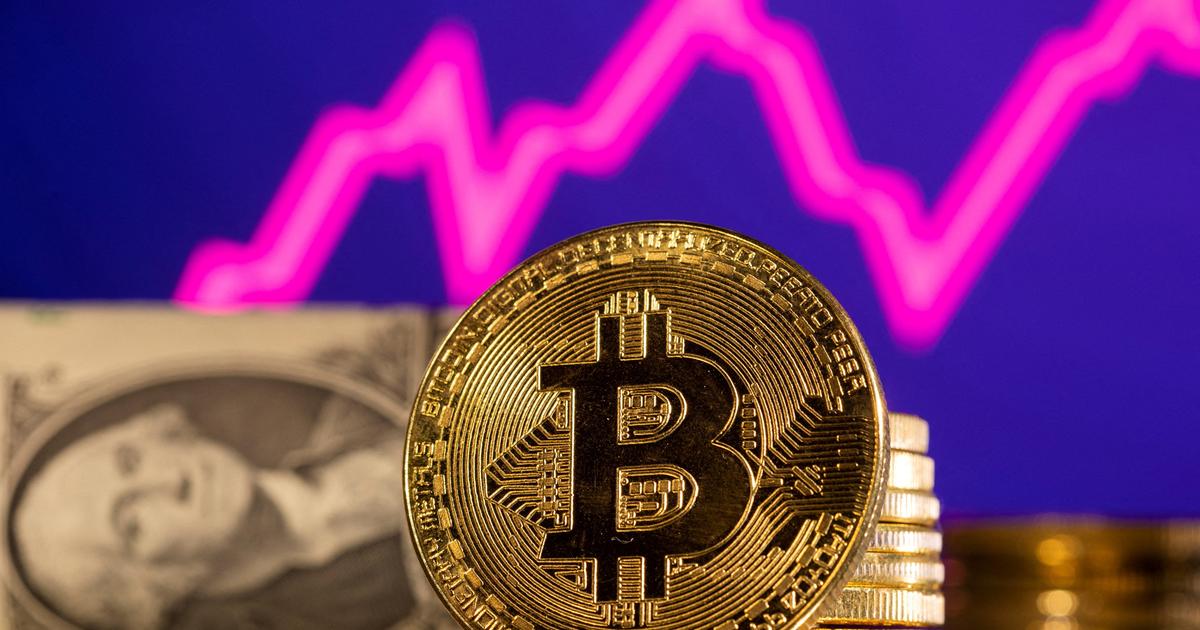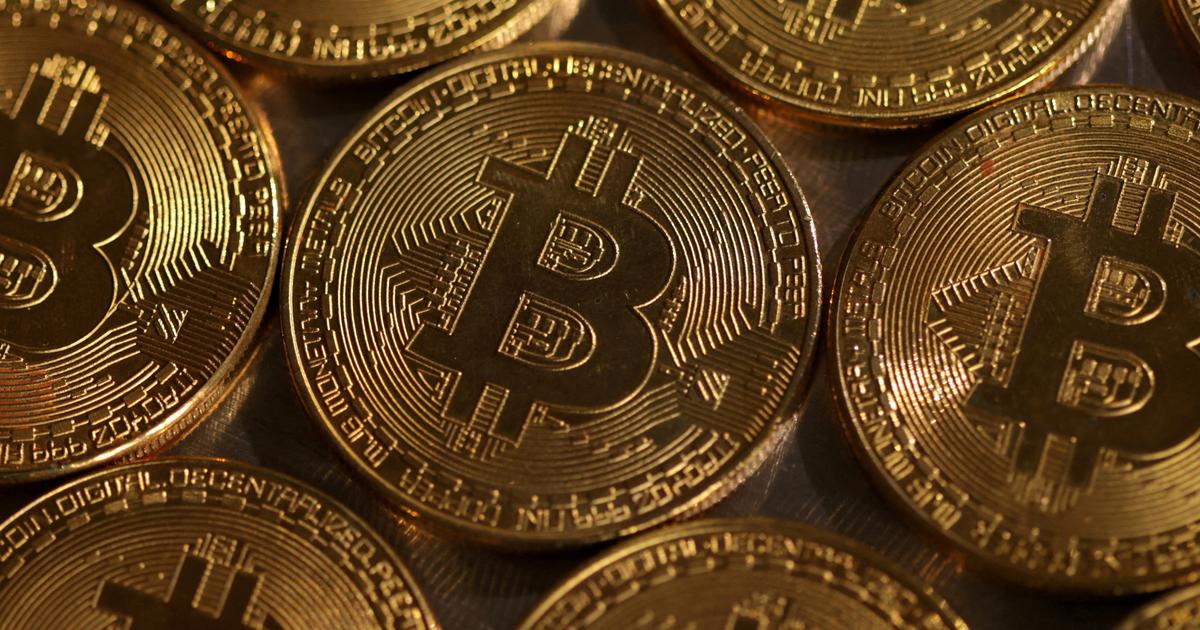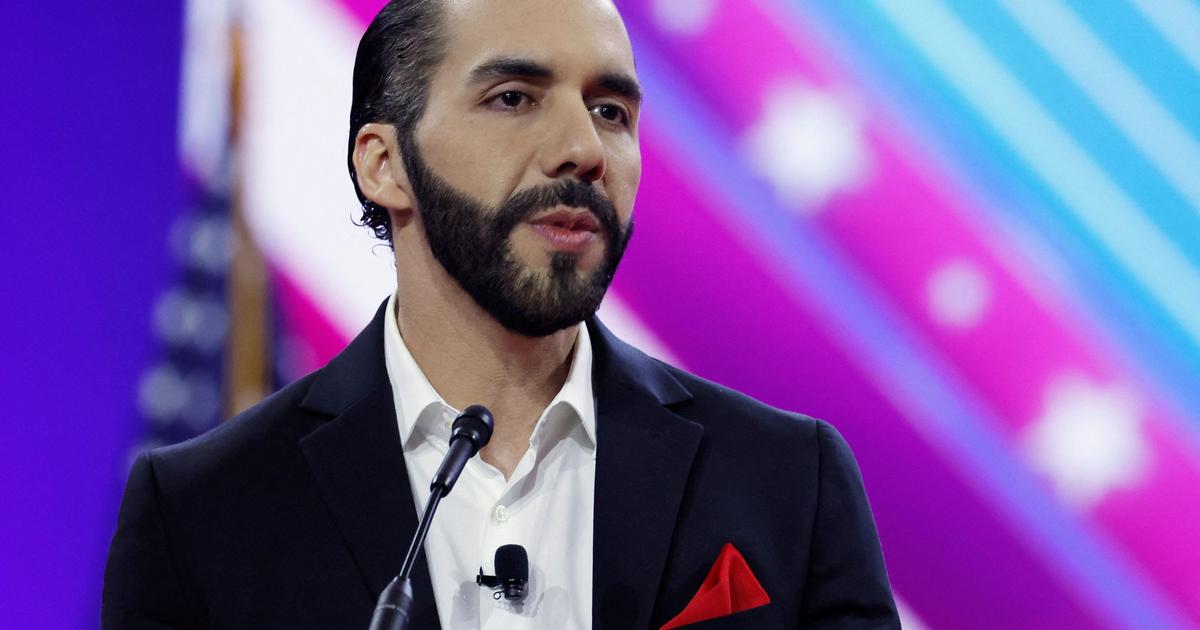1. How is bitcoin made?
Governed by a computer protocol invented in 2009 by a mysterious group under the pseudonym "Satoshi Nakamoto", bitcoins are created in a process called "mining".
The creation of this digital asset rewards the work of “miners”: all of these computers, scattered around the world and equipped with very significant computing power, make up the decentralized network within which transactions take place (the minors also charge fees on these transactions).
It is their work of calculation that verifies, validates and immutably records in the blockchain all transactions between buyers and sellers of bitcoin around the world.
The computer protocol provides that the amount of this compensation - and therefore the issuance of new bitcoins - is halved every four years (it is currently 6.25 bitcoins per "block" mined).
And it is expected that there will never be more than 21 million bitcoins created in the long term, to limit any risk of inflation.
Each bitcoin is divisible into fractions (the smallest is the satoshi which represents 0.00000001 bitcoin).
Read also: Does bitcoin threaten financial stability?
2. What is it for?
Originally, bitcoin was thought and designed to allow payment in electronic money directly from one person to another, without the need for a central authority to validate this transaction.
It is traded on specialized platforms, at a price set by the law of supply and demand.
If technologically bitcoin is not "made" to become a currency of exchange on a global scale, many businesses and brands (in France, from the French jeweler Courbet to Just Eat via Unicef) accept it. now, integrating "widgets" (virtual button) to easily pay for purchases in bitcoins.
The payment giant PayPal allows its 350 million users to buy bitcoins on its platform and spend it in its network of merchants.
However, the interest of bitcoin as a currency of exchange is less obvious in rich countries dominated by an efficient payment systems infrastructure than in countries where people do not have access to bank accounts or are chronically hyperinflationary such as Venezuela or Argentina.
3. Is it inviolable?
In theory yes.
And in practice, ten years of hindsight on the bitcoin blockchain have demonstrated the unassailable and tamper-proof nature of this digital currency.
The security of the technology - and the trust that comes with it - lies in its computer protocol and the decentralization of the network that manages transactions.
Each computer on the network has a copy of the chain of transactions, linked together by “blocks”.
The more extensive and dispersed the network, the more difficult it is to change its code or carry out a fraudulent transaction.
To falsify information, you must be able to simultaneously falsify more than 50% of the computers on the network.
This is almost impossible in terms of computing power, given the current state of IT and the cost involved.
Even a cartel of "miners" would not be interested in it, because without trust bitcoin would immediately lose all value.
It would be like robbing a bank and immediately burning all the stolen money.
Like any computer technology, a bug-type flaw is theoretically not impossible, but has never happened.
On the other hand, the first - and proven - risk lies in the attack of the safes and digital wallets in which the bitcoins are stored, whether by individuals and institutions that buy them or the large exchange platforms where the most large amounts of bitcoins.
4. Why is it flying away?
Bitcoin is clearly one of the big winners from the crisis.
Its value has been multiplied by six in one year.
With the pandemic, the star of cryptocurrencies has become the darling of institutional investors (banks, insurance companies, pension funds, etc.).
In a context where mountains of cash are being poured into the markets, these buyers who weigh in the billions see in the digital currency a protection against the depreciation of currencies.
Bitcoin, by construction limited to 21 million tokens (tokens), produces a scarcity effect that reassures investors.
This is not the only reason for this digital fever.
Demand is also fueled by thousands of businesses looking to invest their cash and betting on the upside.
Many observers believe the digital currency is far from peaking.
Earlier this year, JPMorgan bank said it was aiming for a price of 146,000 dollars in the long term.
The arrival of the American giants has helped raise the temperature.
Tesla's purchase of $ 1.5 billion worth of bitcoin last month alone caused prices to jump 20% in 48 hours.
"
When it is insurers who invest, that does not speak to everyone, but when it is Tesla and the sums are so enormous, everyone understands
", underlines Romain Saguy, marketing director of Coinhouse.
“
On the day of Tesla's announcement, all purchasing platforms were saturated with requests,
” he recalls.
5. Is it a safe haven like gold?
The tremendous boom in cryptocurrency coincided with the worst recession since the 1930s. From seeing bitcoin as the last lifeline in the face of a financial world on the brink of collapse, its supporters have only taken one step. more fervent no longer hesitate to cross.
Bitcoin would be the ultimate safe haven, likely to eventually dethrone gold.
In their eyes, the precious metal suffers from many handicaps: it is expensive to store, it can be confiscated and is not easily divisible.
Opposite, bitcoin is contained in a computer file, divisible almost to infinity, accessible everywhere via an encrypted key in a ledger of accounts reputed to be tamper-proof, the blockchain.
And, the icing on the cake, it is completely independent from government and monetary authorities.
Critics of electronic money argue that its value is not based on anything concrete, that it is far from universally recognized, is not traded at the counter of banks and is refused by the vast majority of businesses.
Opposite, the value of gold is recognized everywhere.
The Barbarian Relic is a real asset and a good hedge against inflation.
Its value also comes from its scarcity while that of bitcoin would be a simple lure, like its security.
The only common point is perhaps the part of the dream that these two assets convey.
6. Is there a speculative bitcoin bubble?
Has a speculative bubble formed around bitcoin, the price of which rose in three months from 13,000 to 58,354 dollars at the end of February at its peak?
“
It is difficult to answer this question
, believes Matthieu Bouvard, researcher at TSM-R and at the Toulouse School of Economics.
Unlike real estate or stocks, bitcoin has no fundamental value and does not generate financial flows like rents or dividends.
It is therefore difficult to know its fair price
. ”
The value of bitcoin is based on the trust that buyers place in it as an investment or, to a lesser extent, as a means of payment.
"
If for one reason or another, this confidence deflates, the value of bitcoin could theoretically fall to 0
", points out Matthieu Bouvard.
But, in more than ten years of existence and despite several successive crises of confidence, the value of virtual assets has never collapsed.
However, many experts expect a more or less brutal price correction from the queen and oldest of cryptocurrencies.
"
The surge in bitcoin prices coincided with the wave of purchase of risky assets on the part of investors reassured in particular by the arrival of vaccines against Covid-19
," notes Alexandre Baradez, analyst at IG France.
We are now witnessing a correction on these assets and the price of bitcoin, which has risen very quickly, is falling.
It could occasionally drop to $ 30,000, without really talking about the bursting of a bubble
. "
For analysts at the American bank Citi, bitcoin is today at a tipping point: either it manages to become a "
currency of choice for international exchanges of tomorrow
", or it will face "
a speculative implosion
".
7. Does it threaten currencies?
“
You can't afford a coffee with bitcoin,
” repeats Janet Yellen, Joe Biden's finance minister.
“
She is right
, admits investor Teeka Tiwari, boss of DeFiTech and fervent supporter of cryptoassets,
a truck is not made to transport a single pineapple.
He does not consider bitcoin as a currency.
But he points out that the virtual instrument makes it possible to move “
billions from Tokyo to New York in a few minutes for 20 dollars
”.
Efficiency that central banks monitor.
And wish to compete by launching in the coming months or years the electronic versions of the major currencies, dollar, euro or yuan.
If the big money-makers of the planet put the macroeconomic risk posed by bitcoin into perspective, for almost three years they have been very vigilant about the development of the cryptocurrency project launched in 2018 by Mark Zuckerberg, the boss of Facebook.
Over the twists and turns, the libra was renamed diem.
Because it would be backed by the power of Facebook, and a counterpart in "real money", the diem could quickly be adopted by hundreds of millions of users.
Read also: Bitcoin hits records, but what can you really do with it?
In developing countries with fragile finances, a massive craze for this virtual currency could cause imbalances with effects that are difficult to define.
This is why the FSB (in French the Financial Stability Council), the IMF or the Bank for International Settlements (BIS), where former de Bercy and the ECB Benoît Cœuré supervises monetary innovations, have multiplied the latter. months reports and calls to frame cryptocurrencies like the diem.

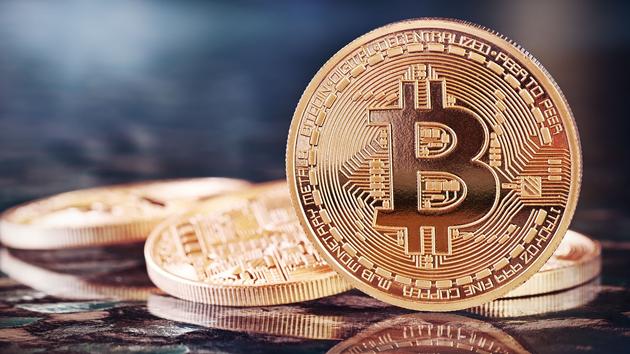

/cloudfront-eu-central-1.images.arcpublishing.com/prisa/QLZQABDBZ5HQNGMWYSXWPVJXMY.JPG)

